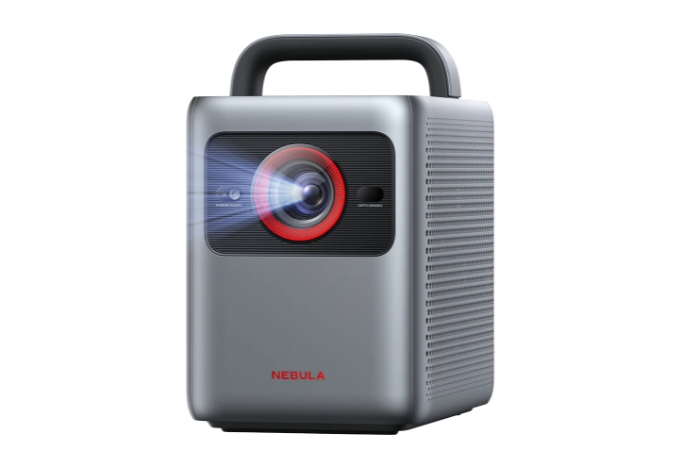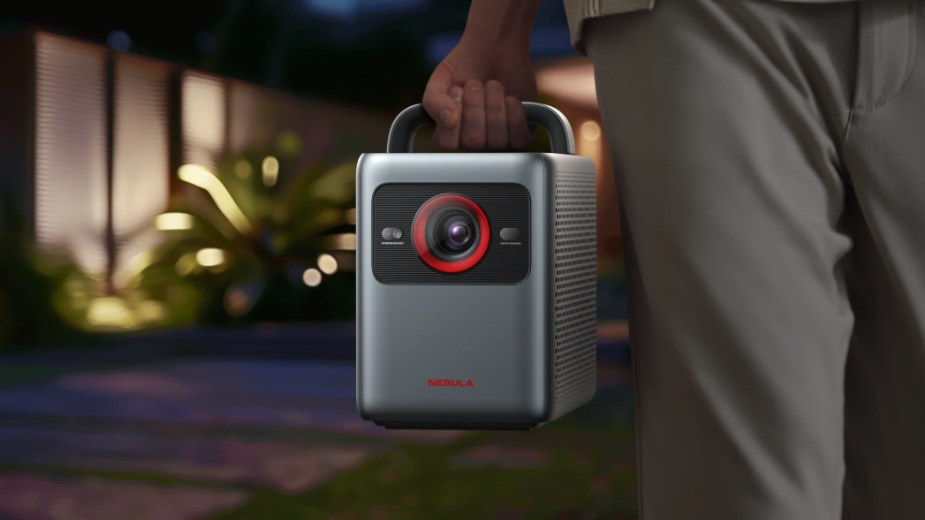What Should You Know Before Buying a Projector?
Selecting the right projector can profoundly influence your viewing experience, whether you’re an avid movie lover or a business professional needing to make impactful presentations. This comprehensive guide will walk you through the essential aspects of purchasing a projector, making it easier to navigate the available options. We will delve into the various types of projectors on the market, highlighting their unique features and capabilities. Furthermore, this guide will provide valuable insights into placement considerations, ensuring you maximize the performance of your projector. By familiarizing yourself with these key factors, you will be better equipped to make an informed decision that meets your specific needs and preferences.

What Types of Projectors Are Available?
Understanding DLP vs. LCD Projectors
DLP (Digital Light Processing) projectors utilize a technology that employs micromirrors to project images, resulting in better color fidelity and reduced visible pixelation. This makes DLP projectors an excellent choice for movie enthusiasts seeking a cinema-like experience. On the other hand, LCD (Liquid Crystal Display) projectors are known for delivering sharper images and more accurate color reproduction, which can be particularly beneficial for presentations featuring static images or data. Each projector type has its unique advantages: DLP is often preferred for dynamic visuals, while LCD shines in environments where clarity and detail are paramount. When choosing between the two, consider your specific use cases, such as home theater setups or professional presentations, to determine which technology best meets your needs.
The Rise of Laser Projectors
Laser projectors are gaining popularity for their superior brightness and longevity compared to traditional lamp-based projectors. Models like the Nebula Cosmos Laser 4K offer impressive brightness levels, with up to 2200 ANSI Lumens, making them suitable for use in both dark and well-lit environments. This consistent brightness over time means you won’t need to worry about dimming performance as the projector ages. Additionally, laser projectors require minimal maintenance, making them a smart investment for those looking for a future-proof device. If you prioritize long-lasting performance and vibrant images, a laser projector may be the perfect choice for your home or office setup.
Choosing Between Portable and Home Theater Projectors
When selecting a projector, consider whether you need a portable option or a dedicated home theater model. Portable projectors, such as the Nebula Capsule 3 Laser, offer incredible convenience without sacrificing quality. These lightweight and compact devices can project images up to 120 inches, making them ideal for presentations or movie nights on the go. In contrast, home theater projectors are designed for static setups and typically provide larger screen sizes, enhanced audio systems, and advanced features. If you plan to create a permanent entertainment space, a home theater projector may be the best investment. Assess your needs carefully to determine which type best fits your lifestyle.

Key Features to Consider When Buying a Projector
Brightness: How Many ANSI Lumens Do You Need?
Brightness, measured in ANSI Lumens, is a critical factor in achieving a clear and vivid image from your projector. In darker rooms, a projector with around 150-300 ANSI Lumens, like the Nebula Capsule Air, can provide satisfactory performance for movie nights or presentations. However, if you plan to use your projector in well-lit environments, such as living rooms or conference spaces, it's essential to invest in a higher-brightness model. For instance, the Nebula Cosmos 4K SE, boasting an impressive 1800 ANSI Lumens, delivers bright, clear images even in ambient light. Assess your viewing environment and choose a projector with appropriate brightness to ensure you enjoy vibrant visuals without sacrificing clarity, regardless of the room's lighting conditions.
Resolution: What Do 720p, 1080p, and 4K Mean?
Resolution plays a significant role in determining the overall clarity and detail of the projected image. For basic applications, a 720p projector like the Nebula Capsule Air can adequately meet your needs. However, if you’re seeking sharper images and greater detail—especially for watching movies or high-definition content—consider upgrading to a 1080p or even 4K projector, such as the Nebula Cosmos 4K SE. Higher resolutions offer an enhanced viewing experience, allowing you to enjoy the finer details in films and presentations. Prioritize resolution based on your specific content consumption habits and the type of visuals you wish to experience.
Connectivity Options: HDMI, USB, and Streaming Capabilities
Modern projectors are equipped with a range of connectivity options, making it easier to connect to various devices. Standard HDMI and USB ports allow you to effortlessly link laptops, gaming consoles, and other peripherals. For a more seamless experience, consider projectors that feature built-in streaming capabilities, such as Google TV available on the Nebula Capsule 3 Laser. This functionality enables direct access to popular streaming apps like Netflix without requiring additional hardware. When selecting a projector, assess your connectivity needs to ensure you can easily integrate it into your existing setup for optimal convenience and versatility.
How to Determine Your Projector’s Ideal Placement
Placement is crucial for achieving the best possible viewing experience with your projector. Begin by measuring the distance from the projector to the screen, ensuring proper alignment for a clear image. Portable projectors, such as the Nebula Capsule Air, often come with auto-focus and auto-keystone features, making them flexible and user-friendly for varied placements. For larger home theater setups, ensure that your projector includes features like auto screen fit and obstacle avoidance, as seen in the Nebula Cosmos 4K SE. These features facilitate an optimal setup, allowing you to maximize your projector’s performance and enjoy an immersive viewing experience.
Conclusion
Selecting the right projector involves a careful evaluation of your specific needs, whether for portable use or a dedicated home theater setup. Consider essential factors such as brightness, resolution, and connectivity options while also determining which type of projector aligns best with your space and usage. With reliable choices like the Nebula Capsule and Cosmos series available, you can find a projector that perfectly meets your needs. By making an informed decision, you can significantly enhance your viewing or presentation experience, ensuring memorable moments whether you’re watching films or delivering impactful presentations.